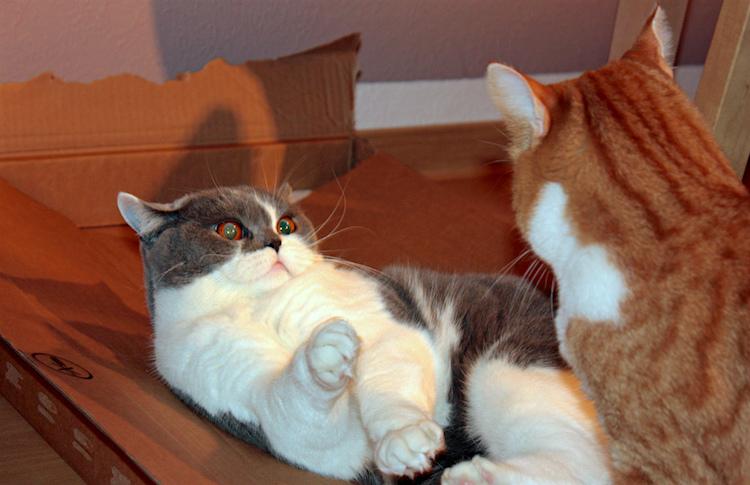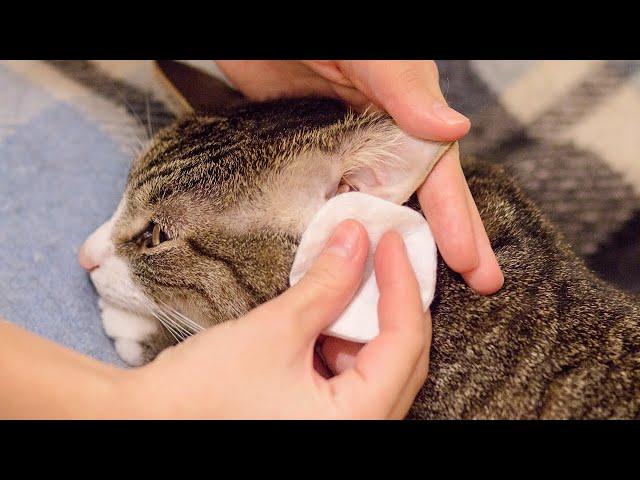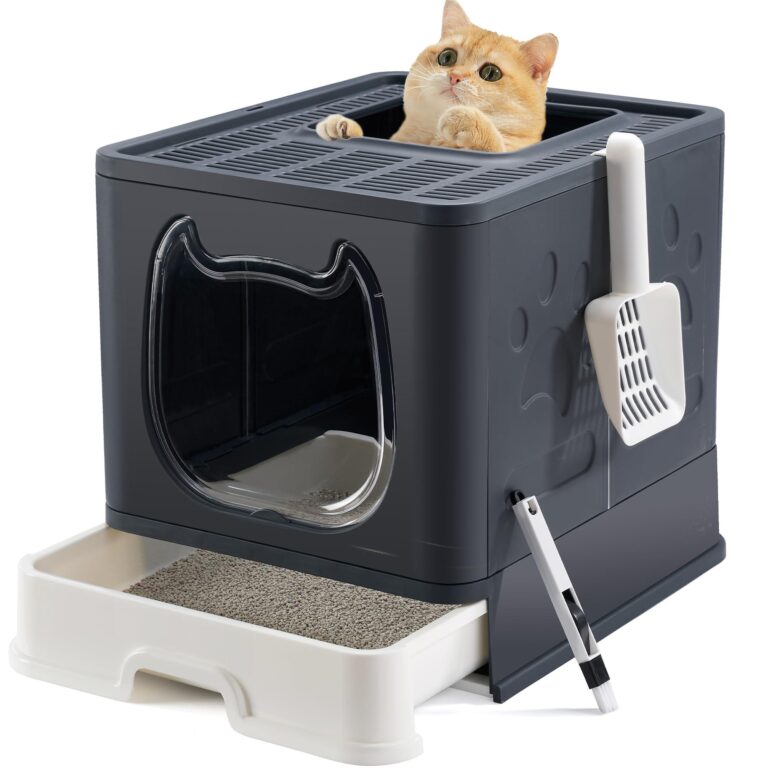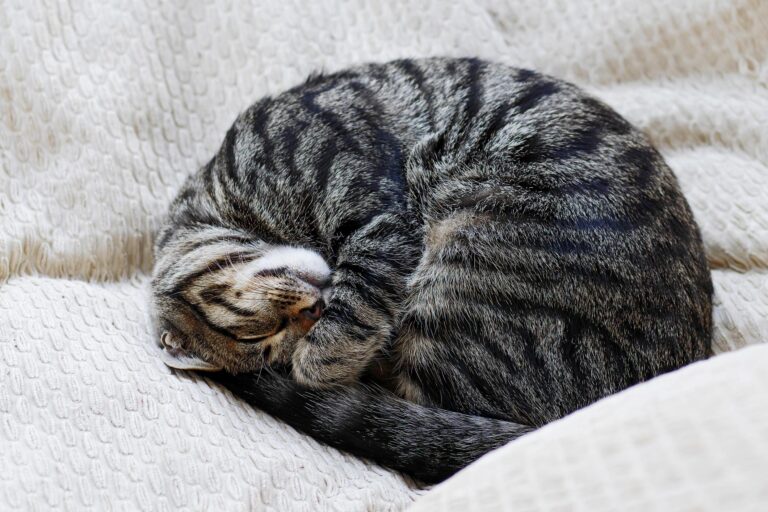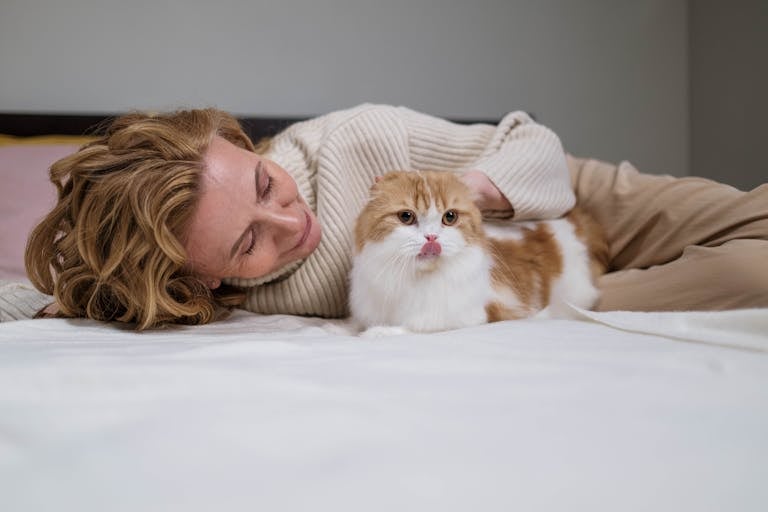Can Cats Get Jealous? Understanding Feline Emotions
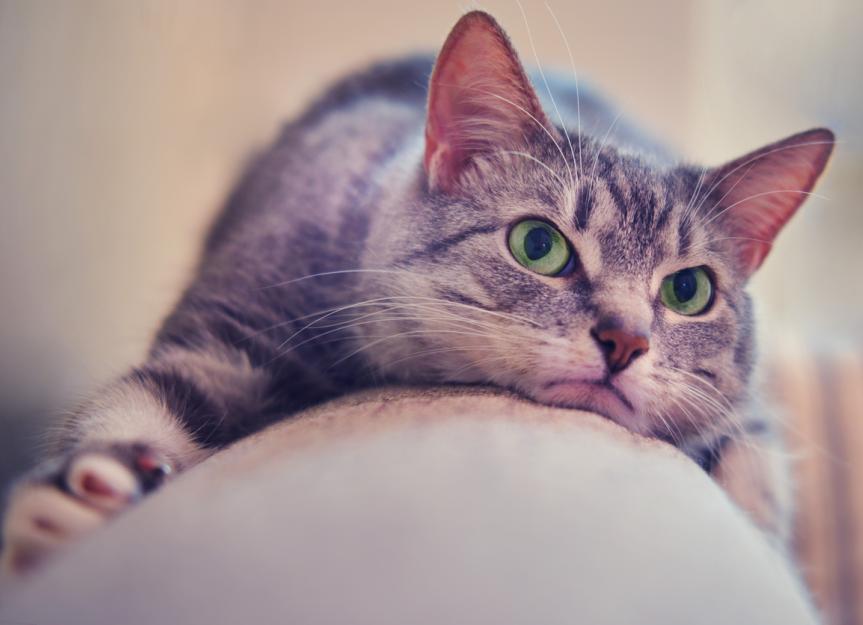
Can Cats Get Jealous? Understanding Feline Emotions
If you’ve ever caught your cat glaring at a new puppy or pushing a baby off your lap, you might’ve wondered: can cats actually get jealous? As a lifelong cat lover and fellow feline fanatic, I totally get the urge to figure out what’s going on in those mysterious kitty minds. They can be such a mix of aloof and affectionate, making it tricky to know when they’re feeling playful, cuddly, or, yes — a little bit jealous.
Today, let’s dig into the fascinating world of feline emotions and explore how jealousy shows up in cats. Spoiler: it’s not just us humans who feel those twinges of envy or possessiveness! Plus, I’ll share some helpful tips to keep the peace in your multi-pet household and make sure your kitty feels loved, secure, and as happy as can be.
Not Just a Human Thing: Do Cats Really Get Jealous?
Before we jump to conclusions, let’s clarify: jealousy in cats isn’t quite the same as in humans, but it’s definitely a real emotion. Cats are highly social creatures, and while they have their independent streaks, they can form strong attachments to their favorite humans and territory.
Research in animal behavior suggests that cats can experience emotions that closely resemble jealousy — especially when their routines or access to their humans get disrupted by newcomers or changes in their environment.
What Jealousy Looks Like in Your Cat
- Attention-seeking behaviors: sudden clinginess, pawing at you, or standing right between you and another pet to steal your focus.
- Changes in behavior: unexpected aggression like hissing or swatting at other pets or people.
- Marking territory: rubbing their face on furniture or you more frequently, or sometimes even inappropriate spraying.
- Withdrawal or sulking: hiding more, not eating, or being unusually distant.
It’s their way of saying, “Hey, what’s going on here? Am I still your favorite?”
Why Your Cat’s Jealousy Actually Matters
It’s easy to dismiss “jealousy” as a silly or petty reaction, but for cats, these feelings can have real impacts on their wellbeing and your home’s harmony. When your kitty feels insecure or threatened, it can lead to stress, which might cause health issues, behavioral problems, or even a breakdown in the bond you share.
Understanding and addressing these emotions helps you create a supportive and loving environment where your feline feels safe and valued — and honestly, that just makes life better for everyone involved (including you!).
How to Keep the Peace: Managing Jealousy in Multi-Pet Homes
1. Give Each Cat Their Own Space
Just like us, cats appreciate having their own “safe zones” where they can retreat and relax without competition or stress. Multiple litter boxes, feeding stations, and cozy beds sprinkled around the house can reduce tension and give each pet a sense of security.
2. Equal Play and Cuddle Time
When a new pet or baby arrives, it’s super important to devote individual attention to your cat regularly. Setting aside play sessions and quiet time with your kitty shows them they’re still your top priority.
3. Watch Your Body Language
Cats pick up on subtle cues, and sometimes our actions can unintentionally promote jealousy — like calling one pet by name more frequently or petting one more openly in front of the other. Try to balance your interactions so everyone feels included and loved.
4. Introduce New Pets Slowly
Rushing a cat into sharing space with another animal can spark jealousy and stress. Gradual introductions, scent swapping, and supervised visits help build tolerance and sometimes even friendships.
Mistakes to Dodge When Dealing With a Jealous Cat
- Ignoring the signs: Pretending your cat’s behavior is “just a phase” could let jealousy escalate into aggression or anxiety.
- Punishing jealousy-driven actions: Yelling or spanking only increases fear and mistrust. Instead, redirect or distract gently.
- Neglecting one pet: Favoritism fuels jealousy, so try to be fair with affection and attention.
- Not providing enough enrichment: Bored cats can get mischievous or jealous. Toys, scratching posts, and puzzle feeders make a big difference.
The Secret Weapon: Tools to Help Your Jealous Cat Feel Better
Sometimes, a little extra help goes a long way when calming jealous or stressed kitties. These products and tools can support emotional balance and comfort:
- Feliway Diffusers: These use synthetic cat pheromones that mimic the calming facial pheromones cats naturally produce. It can reduce anxiety and territorial disputes. Check it out here.
- Interactive toys: Keep your cat mentally and physically stimulated to divert negative energy. Think laser pointers, feather wands, or automatic ball launchers.
- Comfort zones: Heated beds or hideaways where your cat can decompress are excellent to counter stress.
Frequently Asked Questions About Cat Jealousy
Can jealousy cause my cat to stop using the litter box?
Yes, stress and jealousy are common reasons for litter box issues. If a new pet enters the home, your cat might mark territory or avoid the box to communicate discomfort. Providing separate boxes and maintaining cleanliness helps.
Is jealousy the same as aggression in cats?
Not necessarily. Jealousy can lead to aggression, but it might also manifest as clinginess or withdrawal. Understanding your cat’s usual personality helps distinguish between these behaviors.
How long does jealousy last in cats?
It depends on the cat and circumstances. With patience, attention, and gradual acclimation, jealousy usually eases over weeks or months as your cat adjusts to changes.
Wrapping Up: Loving Your Cat Through Their Jealous Moments
Jealousy might sound like a human-only emotion, but our feline friends definitely feel some form of it too — especially when they sense their relationship with us might be challenged. The good news? With a little understanding, patience, and care, you can help your kitty feel confident, secure, and loved, no matter how many new faces or pets come into the picture.
Every paw has a story, and every meow tells you something important about what your cat’s feeling. So next time your furry friend gets a bit possessive or acts out, remember they’re just expressing their love in their own quirky way. With your support, jealousy can be a passing cloud, not a storm, and your bond will be stronger for it.

